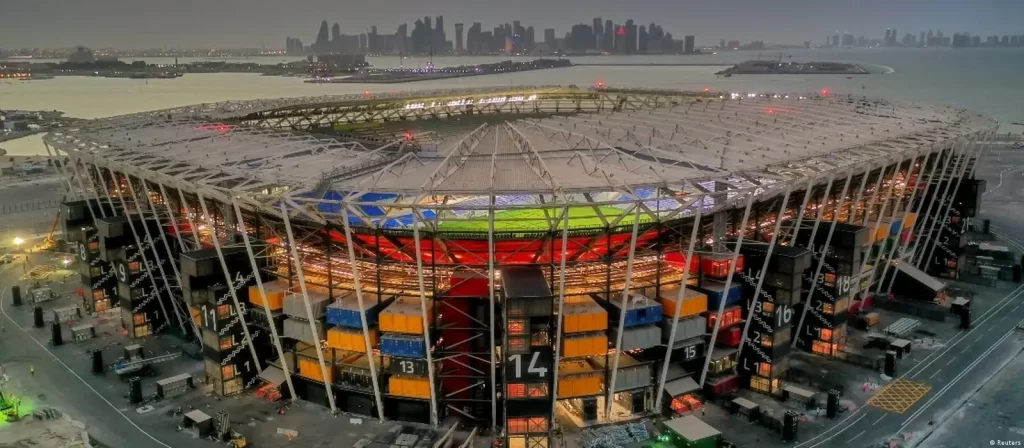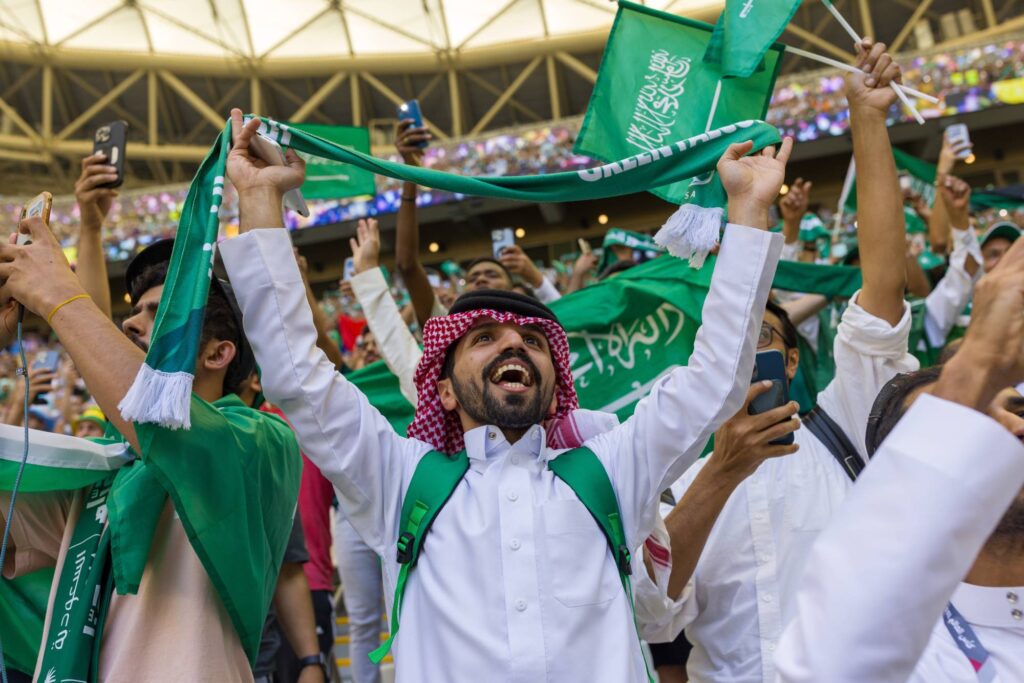As the Euros unfold in Germany, soccer enthusiasts around the globe are once again treated to the thrill and excitement of international competition. This tournament invites inevitable comparisons to the 2022 World Cup held in Qatar. Each event, while unique in its own right, offers a distinct flavor of global football culture. Let’s take a closer look at these two landmark events, examining their venues, fan experiences, and overall impact on the sport.
Venue and Infrastructure
Germany, a country with a rich footballing history, is a familiar host for major tournaments. Its well-established infrastructure, including world-class stadiums and efficient transportation networks, ensures a seamless experience for teams and fans alike. The cities hosting the matches are well-prepared, drawing on their experience from previous events such as the 2006 World Cup.
In contrast, Qatar’s 2022 World Cup marked a significant moment in football history as the first tournament held in the Middle East. Despite initial skepticism about its suitability, Qatar delivered an impressive display of innovation and commitment. The nation invested heavily in state-of-the-art stadiums, with designs that blend modernity with cultural heritage. The compact nature of the tournament, with all venues located within a relatively short distance, allowed fans to attend multiple matches in a single day – an unprecedented convenience in World Cup history.

Fan Experience
The Euros in Germany are characterized by the familiar, festive atmosphere that European tournaments are known for. The ease of travel between cities and the availability of accommodations cater to the large influx of international fans. German cities, with their vibrant nightlife and cultural landmarks, provide a rich backdrop for the football festivities.
Meanwhile, Qatar’s World Cup offered a unique fan experience. The country’s warm hospitality and efforts to create a welcoming environment for all visitors were widely praised. Qatar also introduced innovative fan zones and entertainment options, ensuring that even those without match tickets could engage with the tournament’s spirit. The blend of traditional Middle Eastern culture with modern amenities offered fans a chance to explore a new cultural landscape while enjoying world-class football.

Environmental and Social Impact
Germany’s Euros are being conducted with a strong emphasis on sustainability. The use of existing infrastructure and a focus on green initiatives align with broader European goals of environmental responsibility. Efforts to minimize the tournament’s carbon footprint are evident in various aspects of the event, from transportation to waste management.
Qatar faced significant scrutiny regarding its environmental and social practices leading up to the 2022 World Cup. However, the country made notable strides in addressing these concerns. The stadiums were constructed with sustainability in mind, incorporating features like advanced cooling technologies and renewable energy sources. Additionally, Qatar took steps to improve labor conditions and worker welfare, demonstrating a commitment to positive change and setting a precedent for future hosts in similar regions.

Legacy and Future Implications
The legacy of the Euros in Germany is likely to be a reinforcement of Europe’s dominance and enthusiasm for the sport. The tournament is expected to boost local economies and further entrench football’s role as a cultural cornerstone in the region.
Qatar’s World Cup, on the other hand, has broader implications. It showcased the potential for football to bridge cultural divides and bring global attention to lesser-known regions. The successful hosting of the tournament by a Middle Eastern nation opens doors for future events in diverse locations, promoting inclusivity and global unity in sports.

Verdict
Both the Euros in Germany and the 2022 World Cup in Qatar offer valuable lessons and experiences for the football community. While Germany’s well-established infrastructure and deep-rooted football culture provide a familiar and reliable setting for the Euros, Qatar’s World Cup stands out for its bold innovations and efforts to overcome challenges. As football continues to evolve, the blend of tradition and modernity seen in these two tournaments will undoubtedly shape the future of the sport.
![]()

The Euros in Germany and Qatar’s 2022 World Cup each bring something special to football, but Qatar’s tournament really impressed me. The stadiums were next-level, blending modern design with cultural heritage in a way that felt totally unique. Plus, having all the venues close together made it super easy for fans to catch multiple games in a day, which is unheard of. Qatar’s hospitality was also top-notch, with awesome fan zones and a mix of traditional Middle Eastern vibes and modern amenities. It showed how football can bring people together across cultures and set a high bar for future World Cups.